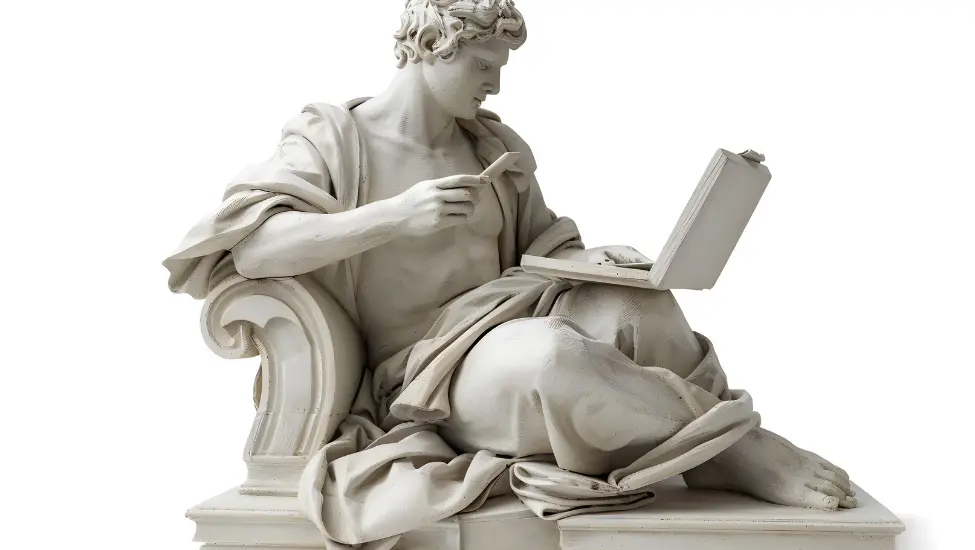Well, look at that. Joomla has been officially recognised as a Digital Public Good. Yes, really. Apparently, the rest of the world has finally caught up with something the Joomla community has known for, oh… about two decades.
If “Digital Public Good” sounds like something invented during a three-hour committee meeting involving too much coffee and not enough sunlight, you’re not alone. But it actually means something important: software, data, or content that is open, trustworthy, and genuinely beneficial to the public. In other words — everything Joomla already was before it got the fancy certificate.
Why This Matters
For Joomla, being named a Digital Public Good is a bit like receiving an official pat on the back from the global digital powers-that-be. The kind where someone finally notices you’ve been doing excellent work quietly in the corner while others have been busy making noise.
And yes, if you want the formal confirmation, it’s right here on joomla.org. It’s all very proper and official.
To earn this recognition, Joomla had to show that it:
- Uses a real open-source licence (not the “open, but please don’t touch” kind).
- Handles privacy and security like an adult.
- Respects laws and ethics — even when others don’t.
- Helps advance the UN Sustainable Development Goals (yes, all 17 of them, presumably).
- Has a community that actually answers your questions, not one that ghosts you.
In short: Joomla passed with flying colours.
The Big Wins
Trust and credibility — Joomla now has an internationally recognised badge of honour. Governments and big organisations can point to it and confidently say, “This won’t explode.” And trust me, that bar is higher than you’d think.
Digital inclusion — Joomla being a Digital Public Good highlights the fact that it isn’t just for developers or nostalgic open-source romantics. It’s for literally anyone who needs a website and doesn’t want to sell their soul — or data — to the highest bidder.
Community power — Surprise! Joomla didn’t get here because of a billion-dollar marketing budget. It got here because volunteers wrote code, fixed bugs, debated endlessly, documented things, and still somehow found time to argue on social media. And that’s exactly what makes Joomla strong.
Digital sovereignty — With Joomla, nobody is telling you what you can or can’t do with your own website. No forced upgrades, no mysterious black boxes, no “your site will stop working unless you buy the premium plan” nonsense. And now that independence has been certified. Literally.
Why You Should Care
If you build websites, run an organisation, or simply enjoy the idea of the internet not being entirely controlled by five corporations and an algorithm, this is good news. Joomla’s recognition as a Digital Public Good means it’s part of the digital backbone society relies on and it's not going anywhere.
This isn’t just a win for Joomla. It’s a win for anyone who believes digital infrastructure should be open, sustainable, and not designed to trap you in a subscription you can’t escape from.
So yes you can celebrate. Because Joomla isn’t just “still around.” It’s thriving. It’s trusted. And now it’s officially doing good, digitally.






